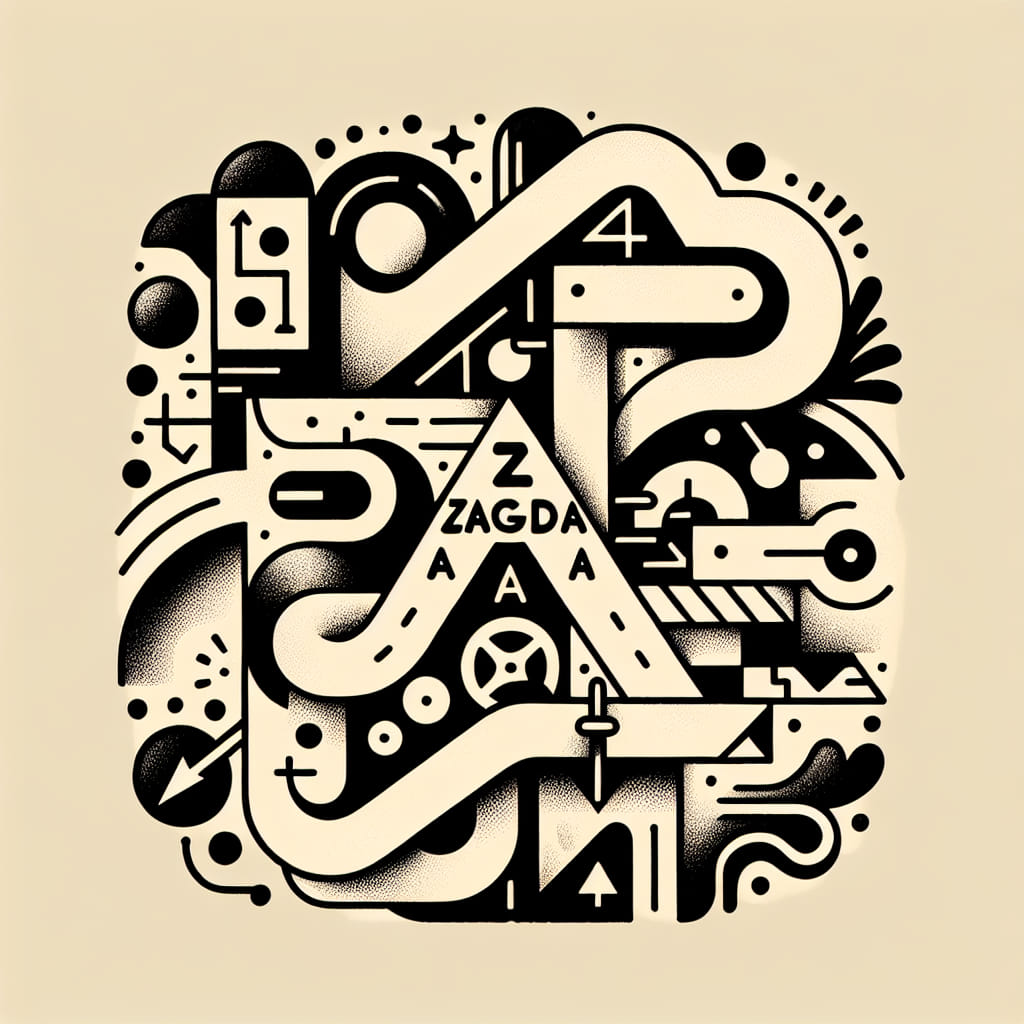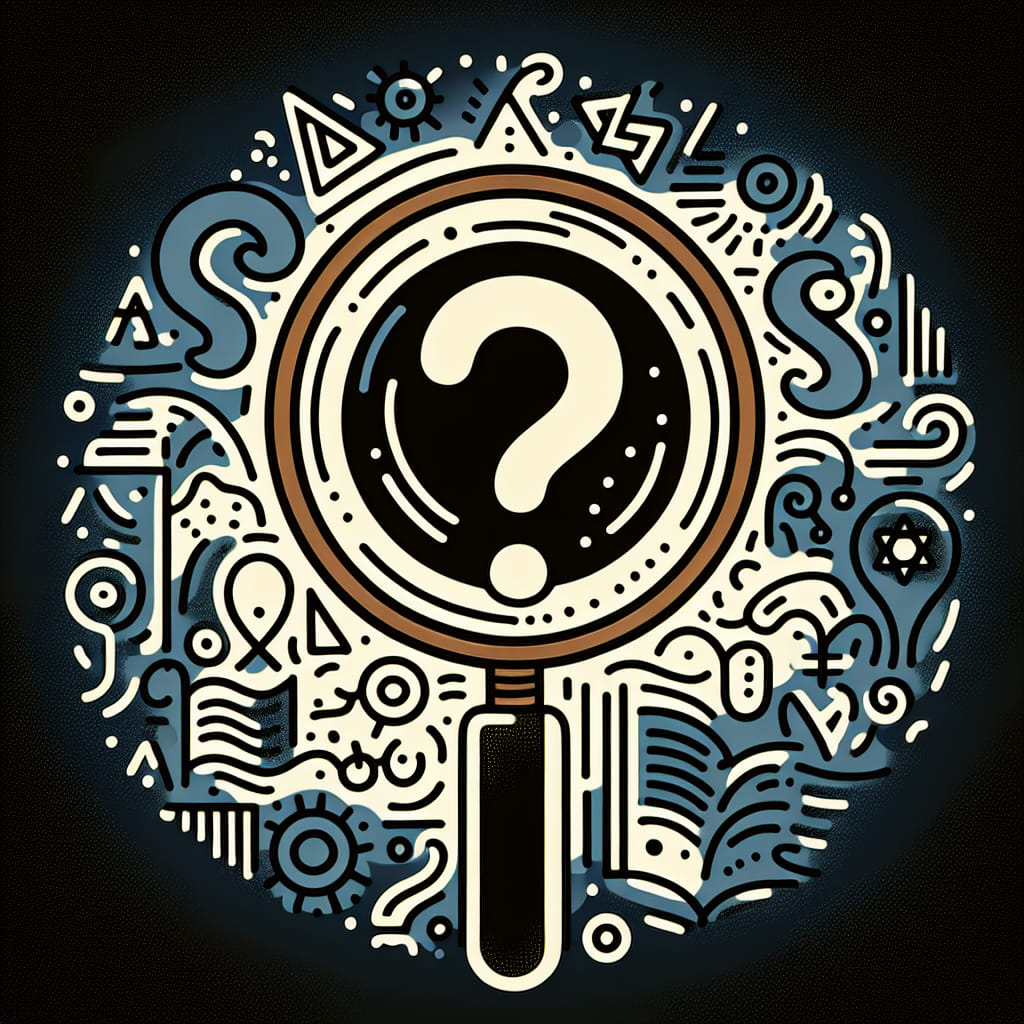· word of the day · 4 min read
Wanderlust: Unleash Your Inner Explorer with German Words
Unlock the spirit of travel with the German word Wanderlust and dive into the rich cultural tapestry of the German-speaking world.

Discovering the Magic of German Words: Wanderlust
Learning a new language is like opening a door to a whole new world. Each word you discover is a key to understanding the culture, history, and people who speak that language. German, with its rich vocabulary and unique expressions, offers a treasure trove of such keys. Today, we’re going to explore one particularly fascinating German word that perfectly encapsulates the spirit of travel and adventure: Wanderlust.
What is “Wanderlust”?
Wanderlust (pronounced: VON-der-loost) is a compound word made up of “wandern,” which means “to hike” or “to wander,” and “Lust,” which means “desire” or “pleasure.” Together, they create a word that signifies a deep, almost irresistible longing to explore the world, to travel, and to experience new places.
The Meaning and Cultural Significance
Wanderlust isn’t just a word; it’s a concept that resonates deeply with many people. It’s that itch you feel when you see a picture of a distant mountain range, the urge to book a flight when you hear about an exotic destination, or the excitement that bubbles up when you start planning your next trip.
In German culture, Wanderlust is more than just a desire to travel; it’s a way of life. Germans are known for their love of hiking and the outdoors. The country is crisscrossed with well-maintained hiking trails, and it’s not uncommon to see Germans of all ages out exploring nature on weekends and holidays.
Examples of “Wanderlust” in Use
Here are some examples of how you might use Wanderlust in a sentence:
- Ich habe Wanderlust. (I have Wanderlust.)
- Ihre Wanderlust brachte sie in viele verschiedene Länder. (Her Wanderlust took her to many different countries.)
- Er verspürte eine starke Wanderlust und beschloss, um die Welt zu reisen. (He felt a strong Wanderlust and decided to travel around the world.)
Idiomatic Expressions and Sayings
While Wanderlust itself is a powerful word, there are several idiomatic expressions and sayings in German that capture the essence of this concept:
- Fernweh: This is another beautiful German word that means “far-sickness” or “longing for far-off places.” It’s the opposite of homesickness and is often used interchangeably with Wanderlust.
- Reiselust: This word translates to “travel desire” and is similar in meaning to Wanderlust, though it specifically focuses on the desire to travel rather than wander.
Wanderlust in Literature and Folklore
Wanderlust has found its way into German literature and folklore, often symbolizing the hero’s journey or the quest for knowledge and self-discovery. The Grimm Brothers’ fairy tales, for instance, frequently feature characters who set off on adventures, driven by a sense of Wanderlust.
In more contemporary literature, authors like Hermann Hesse have explored themes of Wanderlust and self-discovery. Hesse’s novel “Siddhartha” follows the journey of a young man seeking enlightenment, embodying the spirit of Wanderlust in a quest for deeper understanding.
Enriching Your Language Learning
Learning words like Wanderlust can significantly enrich your language learning experience. Not only do they add depth to your vocabulary, but they also offer insights into the culture and mindset of native speakers. Understanding the cultural significance of such words helps you connect more deeply with the language and its speakers.
Moreover, these words often capture complex emotions and ideas that might not have a direct translation in your native language. By learning them, you expand your ability to express yourself and understand others, making your conversations more nuanced and meaningful.
Conclusion
Incorporating words like Wanderlust into your German vocabulary can open up new dimensions of understanding and expression. It allows you to tap into the rich cultural tapestry of the German-speaking world and connect with the universal human experience of exploration and discovery.
So next time you feel that irresistible urge to pack your bags and set off on an adventure, remember that you’re experiencing Wanderlust, a word that beautifully encapsulates the joy and excitement of travel.
Ready to dive deeper into the German language and discover more fascinating words? Download Glosa here and start your journey today!




